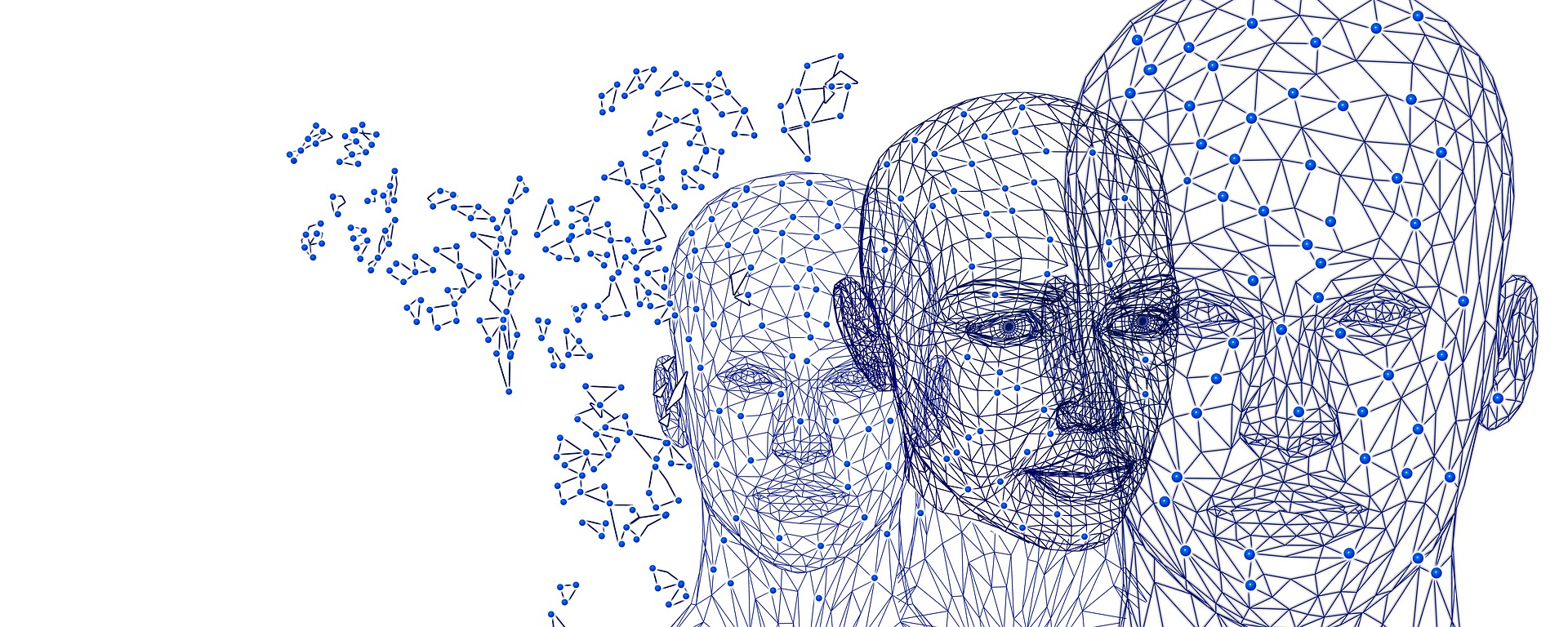| Abstract: The majority of explanatory models of pathological gambling fail to differentiate specific typologies of gamblers despite recognition of the multi-factorial causal pathways to its development. All models inherently assume that gamblers are a homogenous population; therefore theoretically derived treatments can be effectively applied to all pathological gamblers. This article describes a comprehensive and alternative conceptual-pathway model that identifies three main subgroups: “normal,” emotionally vulnerable and biologically based impulsive pathological gamblers. All three groups are exposed to common influences related to ecological factors, cognitive processes and contingencies of reinforcement. However, predisposing emotional stresses and affective disturbances for one group, and biological impulsivity for another, are additional risk factors of aetiological significance in identifying separate subtypes. The implications for treatment are discussed with particular reference to the need to match client subtype with specific treatment interventions. |
